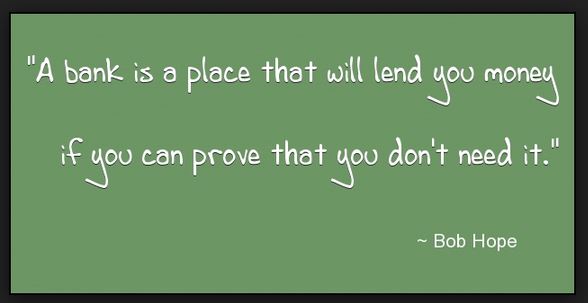As New Zealand mortgage brokers we have access to both registered banks and non-bank lenders, and both have an important role within the property finance sector if used appropriately.
We are focused on finding the right solution from the range of lenders (both bank and non-bank lenders) that we have access to. Everyone wants to have a choice, but having when you have choices you also need to ensure that you understand those choices and that is where good advice is helpful.
Who lends money on property in New Zealand?

The Registered Banks In New Zealand
A registered bank operates under rules set by The Reserve Bank of New Zealand (RBNZ).
Banks are required to adhere to the RBNZ policies (such as LVR restrictions and responsible lending rules) which means the banks are restricted in what they can actually do
For New Zealand mortgages on both residential homes and for residential investment purposes the list of most common New Zealand banks consists of; ASB, ANZ, BNZ, The Co-operative Bank, HSBC, Kiwibank, SBS Bank, TSB Bank and Westpac. A complete list of registered banks in New Zealand is listed here.
The most common loan product is the secured home loans as first mortgage, paying both interest and principal and over a term typically established at a term of up to 30 years. Most people never expect to take 30-years to pay off their home loan; however very few people actually have a repayment strategy to pay off the mortgage faster.
The current LVR rules set by the RBNZ allow the banks to lend up to 80% on your own home, up to 60% on residential investment properties, but there are some exemptions; the most popular being the Welcome Home Loans for first home buyers that allow people who qualify to borrow up to 90% and new build finance which allows both homeowners and property investors to borrow up to 90% as well.

Non-Bank Lenders In New Zealand
There are a few non-bank lenders offering longer-term mortgage products in New Zealand.
They generally will have their own wholesale funding lines and function like a bank with regards to evaluating and approving a loan, but so as not to compete directly with the banks they often will be able to provide loan approvals when the banks say “NO” or put too many restrictions on the lending. There is now also a peer to peer lenders LendMe that is focused on secured property loans and offers another bank alternative.
These non-bank lenders have traditionally targeted groups of people that require non standard home loans and are not the focus of the banks;
Business owners and self-employed people whose incomes don’t match with the banks “one size fits all” lending criteria for evaluating income. As mortgage brokers we know what being self-employed is like and we know that evaluating income is different for self-employed borrowers,
People with a black mark against their credit rating (bad credit) that means they are not accepted by the banks. There are many reasons that someone might have a bad mark against them with Veda, but it doesn’t mean they should be excluded from borrowing money.
People who want to borrow at a higher LVR than a bank is allowed to lend on. As mentioned, banks come under the rules set by The Reserve Bank while non-bank lenders are not restricted in the same way.
People who want to get ‘cash out’ based on the equity they have in a property to invest elsewhere or to spend on something.
The main non-bank lenders offering longer-term mortgage products in New Zealand are Avanti Finance, Liberty Financial and Resimac Home Loans who all offer residential lending for 25-years or more. These lenders have application fees and their interest rates tend to be a little higher than banks offer.
There are some other non-bank lenders that offer shorter term home loans that are often suitable too.
Asset Lenders In New Zealand
Asset lenders tend towards short term (1-2 years) financing to achieve a specific investment goal such as a securing a property that needs renovation or to subdivide etc… generally there will be a good reason why the banks will not offer finance and why it would not be appropriate to use the cheaper non-bank lenders.
The cost of borrowing from asset lenders varies and loans are priced to the loan required and risk level (security) but can be upwards of 7-8% and can be anywhere up to 20%. The loans also usually have a high application or loan processing fee and a broker fee will generally apply too.
These lenders typically do not seek a long loan period because they know that with the rates they charge their risk increases with time. That shapes how they lend and they usually seek to be “in and out” in a pre-defined and generally quite short timeframe.
A New Zealand Mortgage Broker Can Help
In New Zealand mortgage brokers are going to become more and more useful as the lending space gets more complex.
Unlike banks, mortgage brokers have choice and they can simplify everything too.
The key is to ensure that you have a good mortgage broker working for you and focuses on the solution not the problem. A broker that has access to a wide range of banks and non-bank lenders plus the experience to know which to choose.
